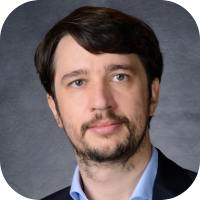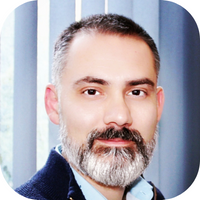
About this module
This module is designed to provide students with a comprehensive overview of the latest technological and research developments in molecular pathology. Students will learn about the latest cutting-edge technologies and techniques that are currently being used to investigate the molecular basis of disease. The module will cover a wide range of topics, including next-generation sequencing, gene editing, and advanced imaging techniques, and will explore their applications in both research and clinical settings.
By the end of the module, students have acquired various molecular pathology methods commonly used in research. They have also gained the ability to apply these methods in creating a scientific project that addresses a specific research question through the completion of a full grant application. The module's emphasis on grant writing is crucial to effective research. Teams and methods are randomly assigned, so students must learn to collaborate with people from diverse backgrounds and gain insights into new fields
Learning outcomes
By the end of this module, the learners should be able to:
- Summarise state of the art technology in Molecular Pathology and how to apply them in their work
- Identify personal ways of keeping up to date with the evolution of methodologies
- Apply a research method to solve a new research problem
- Synthesise complex scientific concepts/applying knowledge outside their current domain and present them to a heterogeneous audience
- Distinguish between the best methods to be used for the students’ projects
- Justify why the an idea of a research project was chosen
- Critically discuss about science, limitations in projects and defining novel solutions as part of a group of scientists
- Synthesise technical knowledge and build it into research proposal
- Be able to perform a SWOT analysis
Module coordinators

- Dr Simon HEEKE
-
Simon Heeke received his Bachelor’s and Master’s degree in molecular medicine from the Medical University in Innsbruck, Austria, followed by a PhD in cell biology from the University Côte d’Azur in Nice, under the supervision of Pr. Paul Hofman.
After his postdoctoral fellowship in the laboratory of John V. Heymach in the Department of Thoracic Head & Neck Medical Oncology at the MD Anderson Cancer Center in Houston, Texas, he joined faculty as assistant professor in the same department in 2023.
Dr. Heeke’s research focuses on the development of innovative biomarkers in lung cancer, particularly in small-cell lung cancer and oncogene-driven non-small cell lung cancer. Dr. Heeke has a strong interest in liquid biopsy-based approaches and serves as the current chair of the young committee at the International Society for Liquid Biopsy

















